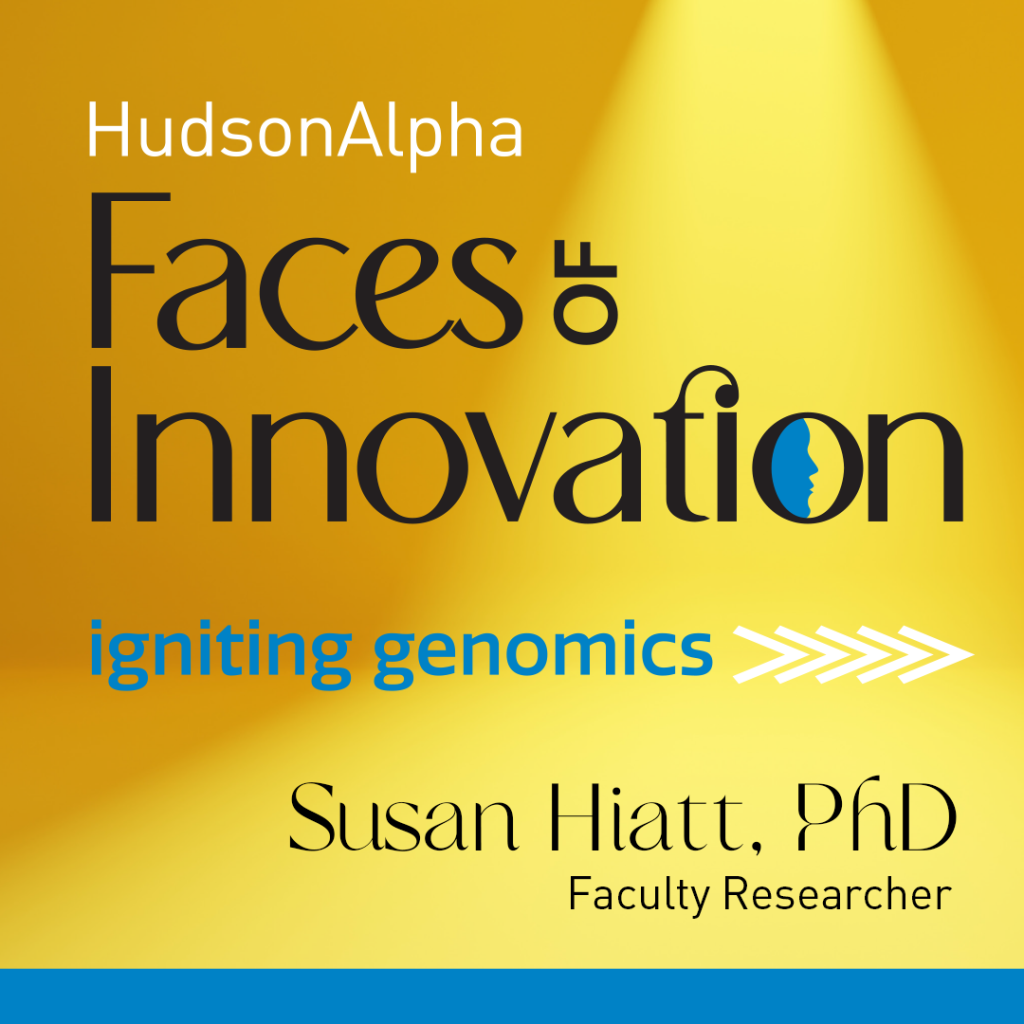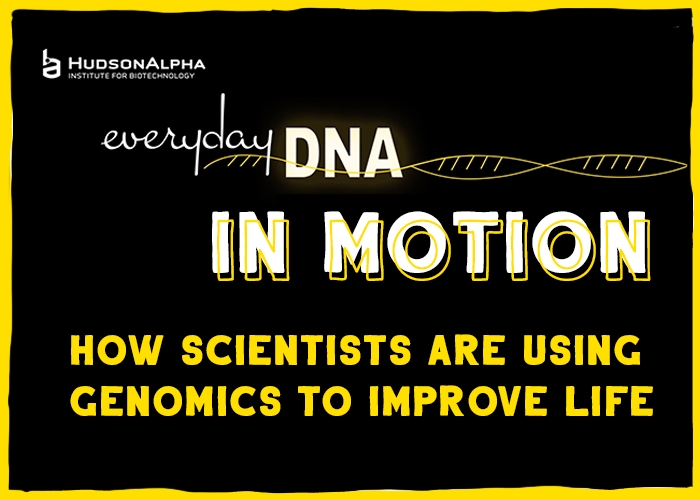HudsonAlpha faculty investigator part of group to analyze epigenetics in long-term women’s health study
Your epigenetic age could tell you more about when you’ll experience menopause than your chronological age, according to research published in PNAS. That same epigenetic age, the authors claim, could accelerate after menopause hits, even in cases of surgically-induced menopause. For the project, HudsonAlpha faculty investigator Devin Absher, PhD, collaborated with the study lead, UCLA’s Steve Horvath, PhD, whose team of analysts made the connection between menopause and epigenetic aging.
“The technique that Dr. Horvath developed for measuring one’s epigenetic aging rate is a really accurate predictor of the biological age of healthy tissue,” Absher said, “and it opens up new avenues of study in our collaboration, especially in our study of the Women’s Health Initiative.”
Since 2014, Absher and Horvath, along with Tim Assimes, PhD, and Phil Tsao, PhD, both of Stanford University School of Medicine, have been leading a project to analyze the epigenome of participants from the Women’s Health Initiative (WHI). This 20-year national health study includes health information from more than 160,000 women ages 50-79.
The group, with NIH funding, initially began its investigation to understand and possibly predict coronary heart disease using epigenetic markers. Epigenetic markers are places in the genome that change how genes are expressed without altering the underlying DNA sequence. Over the course of the group’s research, however, they made unexpected discoveries related to Horvath’s epigenetic clock.
The age-predicting technique measures natural DNA methylation levels to estimate the biological age of tissue or cells. In other words, the epigenetic clock uses the amount of DNA methylation in a tissue sample to predict the age of the individual who provided the sample. The method is accurate up to 99 percent of the time to within two years of a person’s real biological age, and it reveals another aspect of DNA methylation: Epigenetic age may be much different from chronological age for people with certain illnesses such as cancer or heart disease .
The epigenetic clock technique has led the group to make connections they did not predict. In September 2015, for instance, members of the group – including HudsonAlpha’s Absher – published results in the journal Aging that showed accelerated epigenetic aging could make individuals more susceptible to lung cancer.
At HudsonAlpha, Absher analyzes the epigenome to understand complex traits and diseases, and he brings that expertise to the WHI data.
“We’re interested to see what more the data from the Women’s Health Initiative can tell us about complex human traits and diseases,” Absher said. “What we’ve found so far have been significant discoveries, especially regarding women’s aging and health, and we’re still continuing our analysis.”


